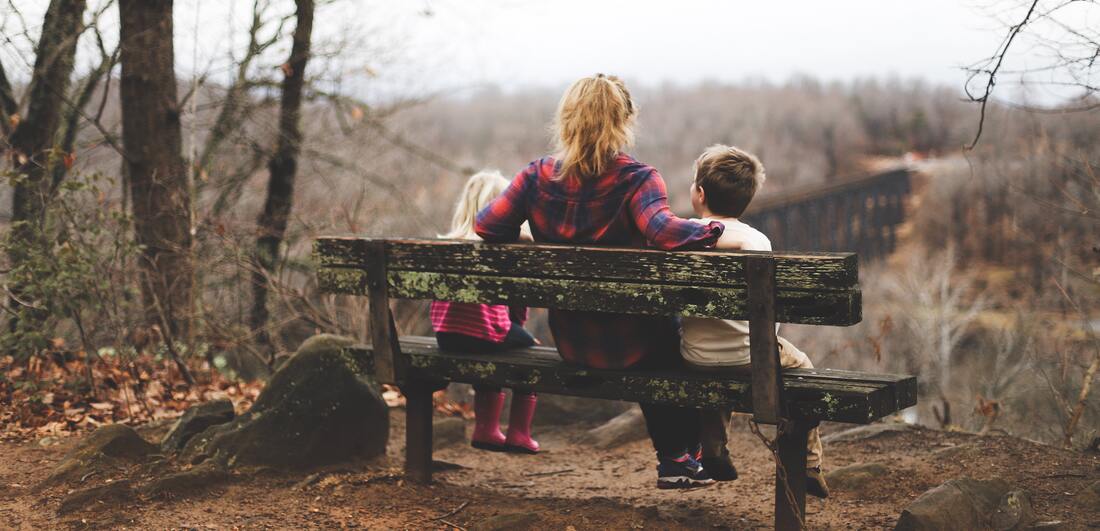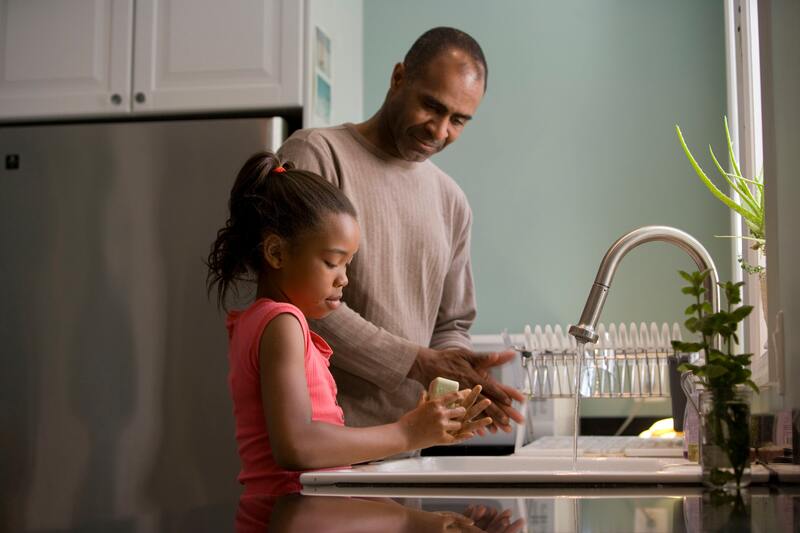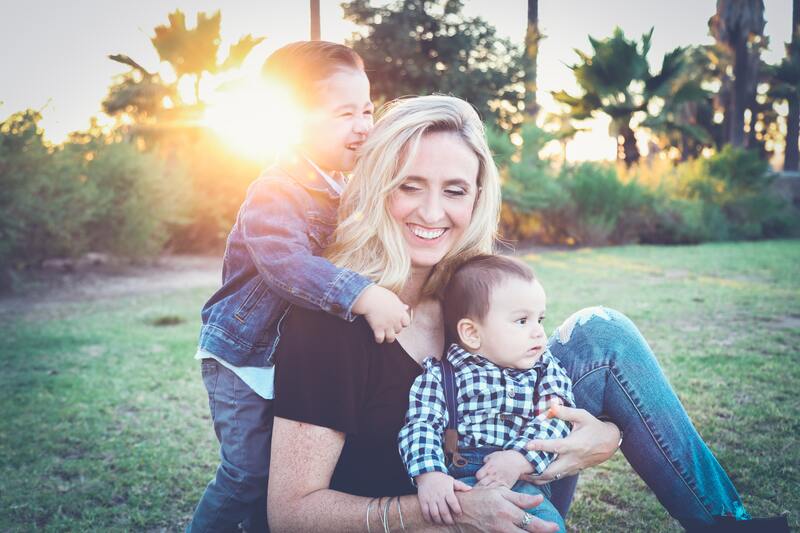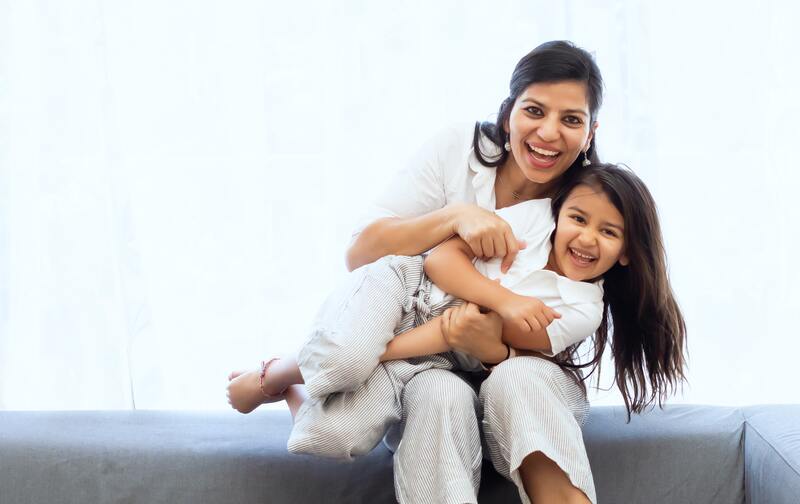|
Kids will be kids. Kids thrive on play and having fun! Kids are continually learning and making mistakes just like adults. Kids can be immature and do not always control their impulses. They are not small adults nor should they be expected to act like adults. Children have different developmental stages. Every child is individual, unique, and may be at different developmental stages when compared to peers their same age. Some children may move through developmental stages in a different way, may learn, or have different needs (e.g., children with learning disabilities, children on the Autism spectrum, children on the spectrum of fetal alcohol exposure, children with attentional and hyperactivity needs, and children with mental health needs). Children develop through a continuum of healthy changes and transitions and knowing about these changes can help to understand a child’s behaviour and help you to respond in a way that is not reactive, but is responsive, appropriate, and responsive. Get to know the child in front of you. Get to know the child, the person, in front of you. Get to know their personality, needs, and wants as not all children need or even want the same things. Be curious, ask questions, and this can help you to better support the child of to identify whether additional supports are needed. Consider how this child will thrive? How they learn best? In what environment? And even, what makes them angry? Listen first. Listen first, unless it is an emergency, listen first! Know when to listen and when not to. If you find yourself being overprotective or a helicopter parent, try to take a step back. Kids are good at understanding the world, are good problem solvers, can find their own solutions, and can make decisions. Take a step back and see how the child will respond. Let them know that you are listening and are there if they have question, need help or support. Put down your cell phone, turn off the tv, and sit next to your child. Be curious and ask questions. Children want to be heard and to feel understood like anyone else! Validate your child’s feelings. Teach your child about feeling and emotions. Ask them to try to put how they are feeling into words, to draw it on paper, or to show you through play. Help your child identify and name their feelings by asking them is this how they feel versus telling them how they feel. Validate how they feel by saying: “I can understand why you feel that way,” “That makes sense to me,” “I hear you,” “That does suck,” or “I am sorry that is happening.” Value even negative emotions such as anger, hurt, pain, depression, etc. as important emotions. Do not dismiss, disapprove or punish how a child feels (e.g., “It is not that bad,” “You will be ok,” or “You are tough”). Instead help them to problem-solve and put limits around appropriate behaviour. Do not distract children from how they feel (e.g., giving food, distracting with a toy, etc.). Be an emotional coach. Make emotions, and in particular negative emotions, be an opportunity to connect, bond, and problem solve. Let kids have fun and play. Kids learn through play. Kids process their experiences, feelings, and relationships through play. Play is how children develop and make sense of the world. Play should ideally be unstructured, only being directed and structured when trying to set limits or boundaries around appropriate behaviour or when you are trying to make play safe. Play with your kids. Be you outside of your child. Learn who you are outside of your child and outside of your role as a parent. Children are important and you are too. Parents need their lives too and time for adult conversations and interactions. Parents need friendships, hobbies, activities, interests, a relationship with their partner, etc. Adults need time away from their children to meet their own emotional, social, and spiritual needs. This helps with modelling appropriate behaviour and with separation anxiety. Actions sometimes speak louder than words. The way you live your life can be your child’s greatest teacher, next to their teacher at school or home learning. Parents can only do the best they can with what they are given. Parents are not perfect and should watch unfair comparisons with other parents or teachers. Remember kids are often watching, they are observant, aware, and intuitive. Children look to adults for social cues on how to act and behave. Make connections. Making connections, having fun, and creativity build healthy children. Making connections promotes positive behaviour, cooperative attitudes, and resilient children. Being reactive to worries, fears, and trying to control children or their experiences do not serve children well. If you take on an attitude of valuing your child, they will learn to value others, develop healthy self-esteem, and make better choices in their own lives.
|
|
OverviewNWO’s source for all things relationships, mental health, wellness, lifestyle, and pandemic support. Kelly Magazine is a mental health outreach initiative created by Kelly Mental Health and supported by Kelly Mental Health Foundation, a non-profit organization dedicated to improving the community in the area of mental health.
|
Magazine |
Follow Us |
In support of @kellymentalhealthfndn |
© COPYRIGHT. ALL RIGHTS RESERVED. WEB DESIGN BY KMH







